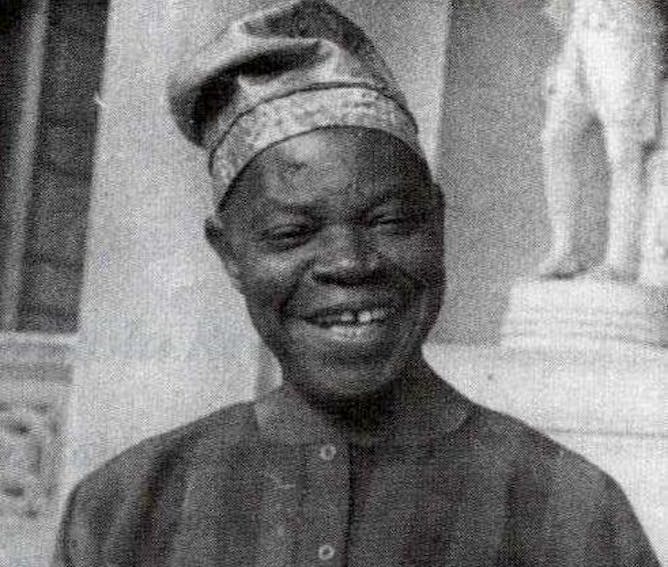|
The African continent is home to more than 2100 languages. That's something to celebrate - especially today, which is marked as International Mother Language Day around the world. Its aim is to get people thinking about cultural and linguistic diversity, and about why multilingualism matters. H. Ekkehard Wolff suggests that the continent's languages are poised to take centre stage, with a few nudges in the right direction that could be borrowed from Europe's Reformation 500 years ago.
Elsewhere in this special newsletter, Francis Nyamnjoh suggests that part of the late Nigerian author Amos Tutuola's great power was that he wrote in Yorubanised English and forced the usually dominant English language to accommodate Yoruba syntax. Andre Ramos and Marina Empinotti, meanwhile, explain how a range of African languages - like Tsonga (also known as Changana and spoken in Mozambique, South Africa, Swaziland and Zimbabwe) and a number of South American indigenous languages are being used to communicate exciting
scientific ideas and concepts.
|

There’s no reason Africa shouldn’t be at the centre of global knowledge production.
Shutterstock
H. Ekkehard Wolff, University of Leipzig
Africa's current situation has a parallel in European history - the Reformation and the changes it wrought in terms of language exceptionalism.
|

Amos Tutuola’s work is enjoying renewed interest and support.
Flickr/vanderfrog
Francis Nyamnjoh, University of Cape Town
Amos Tutuola has contributed significantly to the resilience of ways of life and worldviews that could easily have disappeared under the weight of colonialism, globalisation and the market economy.
|
Science + Technology
|
-
Andre Ramos, Federal University of Santa Catarina; Marina Empinotti, University of Beira Interior
The combination of knowledge and communication, along with a few other fundamental conditions such as liberty and respect , leads to social, cultural and technological development.
|
|
Education
|
-
Russell H. Kaschula, Rhodes University; Zakeera Docrat, Rhodes University
South Africa must be seen as a country for speakers of all its official languages rather than an English-only elite.
-
Fiona Horne, University of the Witwatersrand
French is no longer taught as a European language representative of "French" culture in South Africa. New modes of teaching, learning and research speak to an inclusive Africanist agenda.
-
H. Ekkehard Wolff, University of Leipzig
Africa needs a new strategy for mother-tongue based bilingual education, from primary through to tertiary level.
|
|